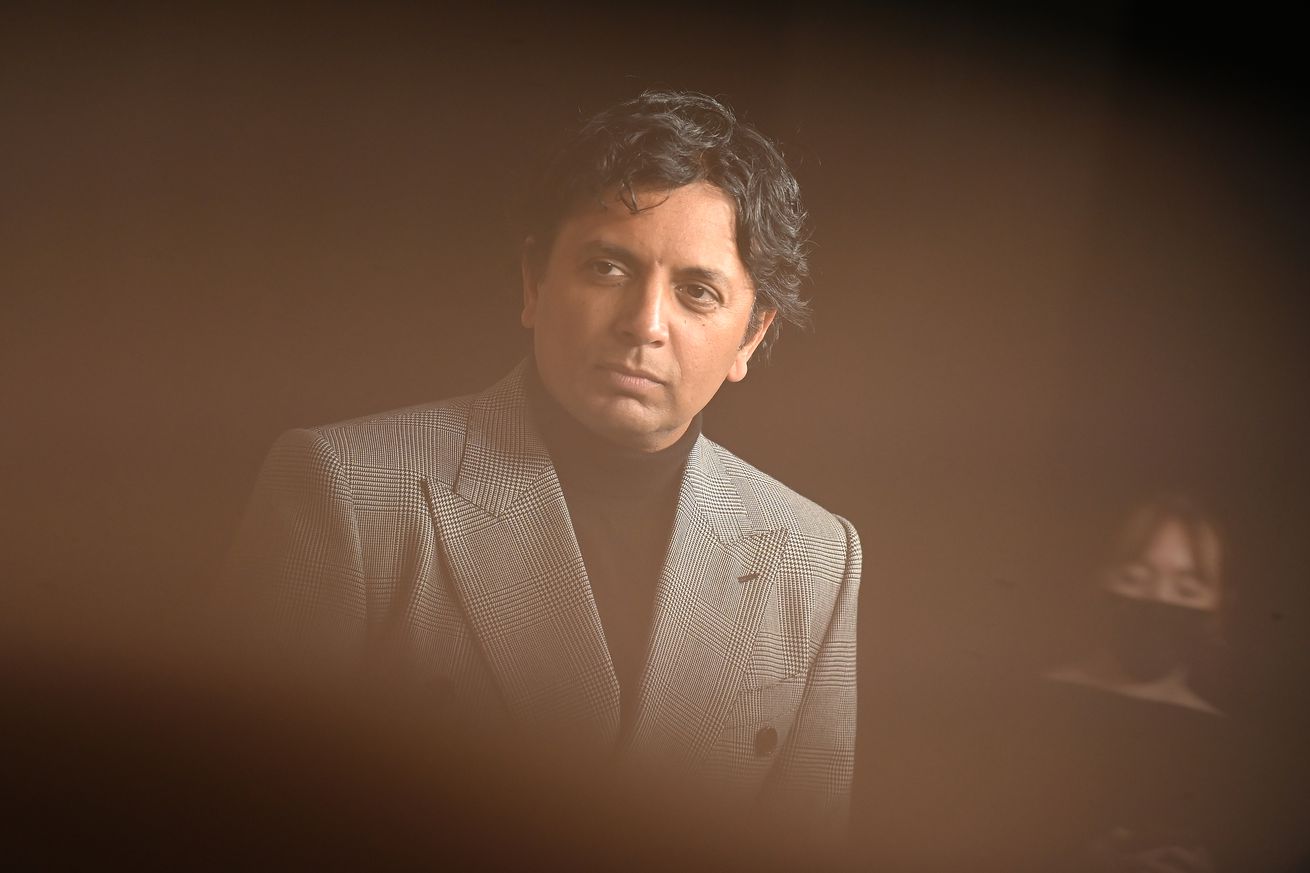
M. Night Shyamalan on season 4 of Servant and its ‘precision movement towards an end’
The last few years have been a little hectic for M. Night Shyamalan. The director is set to release the psychological horror film Knock at the Cabin in February, and while that movie was in the works, he was also racing to complete the fourth and final season of Servant on Apple TV Plus. When I spoke to Shyamalan over Zoom in December, he likened it to working two full-time jobs simultaneously, calling the workload “non-sustainable.”
“We’re here, and I’m putting in the last hours on Servant as I talk to you, and I’m finishing a movie for Universal, and I don’t have literally another minute to spare,” he told me. “I’m trying to get these things done, and I’m very excited about looking back on this time and saying ‘wow, that was almost impossible.’”
Season 4 of Servant premieres on January 13th, and it will wrap up a strange and complex storyline when the 10th episode airs. What started as a heartbreaking story about a young couple losing their child has blossomed into something much bigger and more bizarre. Shyamalan, who executive produced the series alongside Tony Basgallop, says he’s known where the story was headed for some time. It was initially planned as a 60-episode series, but he says he eventually realized that “the story wanted to be four seasons.” And while he notes that there was some flexibility for the first season and a half, from then on, it has been “this precision movement towards an end.”
“The architecture of all the scenes, and the movement of the seasons, has stayed identical to what was drawn up on that board,” he says of the early narrative plan. “It’s not a magic trick. We aim at it and say ‘in this episode, the character experiences this.’ And we did that for 25 episodes, and they stayed pretty true.”
But it also represents a new challenge for the veteran director: ending a television show. His early career was defined by the endings of films like The Sixth Sense and The Village, but bringing an ongoing TV series to a satisfying conclusion is something different altogether. And the difficulty of doing it well, and being able to satisfy those viewers who have been along for the ride for years, is something that Shyamalan was well aware of going into Servant.
“I’m astonished now when I think of any peers who have done this.”
“When we look back at the history of this art form, very few have been able to pull the integrity and the narrative purpose through the entire run of the show to the end,” he explains. “Partly because you don’t know if you’re going to be renewed, partly because it’s so unrelenting in the amount that it’s asking of you. Those factors are crushing. So the Sopranos, the Breaking Bads, are very rare that they can sustain from beginning to end. I’m astonished now when I think of any peers who have done this. I’m humbled by the pressure of it. There’s something beautiful that can come from that. This is partly why we picked an ending — so we could aspire to this integrity and resonance.”
The issue of renewals is particularly relevant of late, with streaming services seemingly canceling series with reckless abandon. For mystery shows in particular, like, say, Netflix’s puzzle box 1899, these cancellations can be especially frustrating for viewers who never get that promised narrative payoff. Despite this, Shyamalan says that the idea of not being renewed didn’t influence how they approached the story. There was no backup plan if Servant didn’t get the full four seasons.
“That would be a rational, healthy way to think about it,” he says of creating a contingency plan. “But we didn’t. I was all in. And when I say all in: I own the show. If we don’t get to finish this story, I really don’t have anything that I own. You can’t tell this suspenseful story with no ending. It is a gamble that my partners, Apple, and — more importantly — the audience would be interested and supportive, which is what has happened with Servant. It was a risk. I love taking risks when the only mitigating factor is our execution. That’s been my approach to the industry for the last eight years.”
“Unless I put myself in jeopardy, I am not going to be the storyteller that I want to be.”
It seems like a particularly stressful way to live, especially when you also have a film in the works. (Shyamalan assured me that he will be taking a full two-week vacation soon.) But he also believes that the pressure is a necessary creative tool and one of the keys to his process.
“Unless I put myself in jeopardy, I am not going to be the storyteller that I want to be,” he says. “I’m not going to approach the challenge the right way if I know there’s a real safety net. Maybe it’s sadistic or maybe it’s unhealthy, what I’m saying, but I need to know there are real stakes.” He adds, “It is terrifying. But I don’t know if there is any other way to go through life.”

